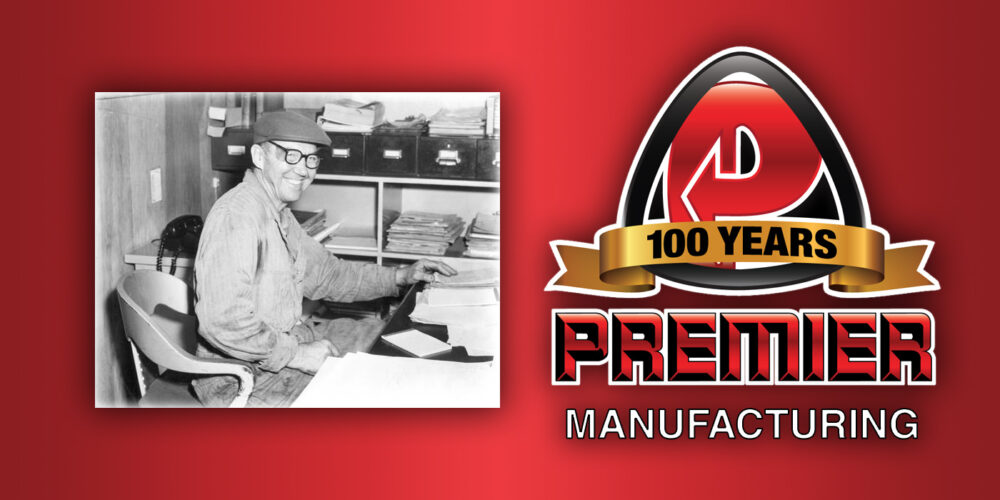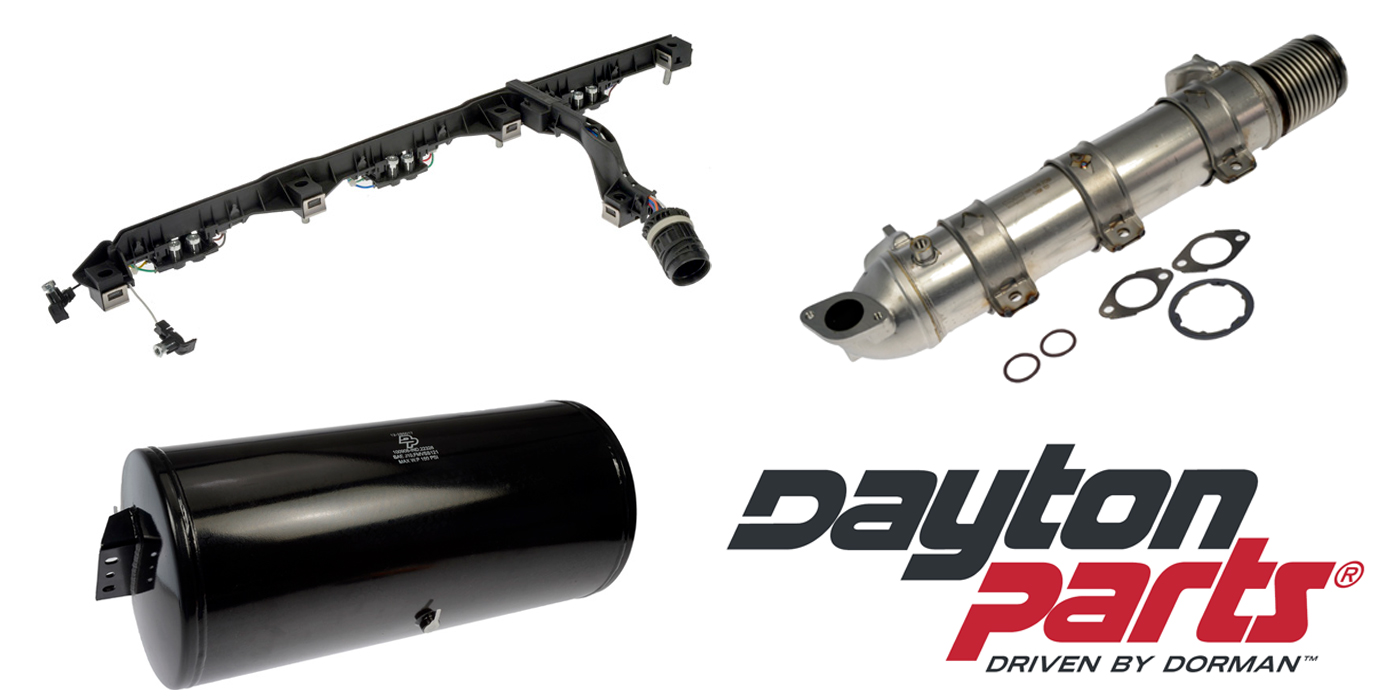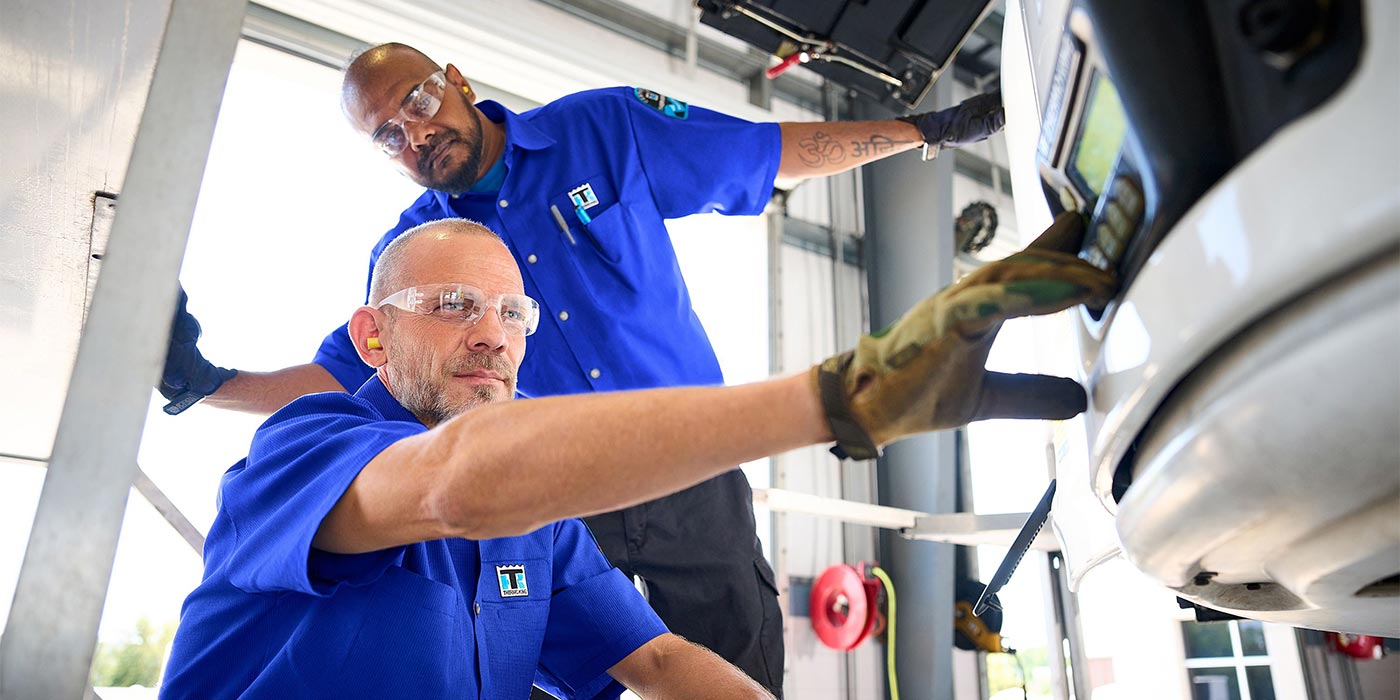The current biodiesel situation is less bleak because the Senate recently passed a bill renewing the $1/gal. tax credit for blending biodiesel into ULSD. The House passed a similar bill (H.R. 4213) in December of 2009. These bills need to be reconciled quickly to alleviate biodiesel producer difficulties. Approximately 95% of biodiesel producers shut down operations Jan. 1. Over 23,000 people have been laid off. Currently, no alternate fuel can compete with diesel without subsidies, so the need for rapid renewal of this energy credit is obvious.
Other forms of alternate energy have been shown to have technical limitations. For example, a battery or energy storage technical breakthrough will be necessary if electrically-powered vehicles are ever to become a cost-effective replacement for diesel-powered vehicles. Current battery technology is both heavy and expensive.
Fuel cells also have technical issues producing sufficient power density. It’s much like the technical issues surrounding solar power. If these forms of energy could produce power with more compact mechanisms or produce more energy from current sized systems, they might be viable alternate sources of power. Currently, they need subsidies to survive.
Natural gas is a viable alternate fuel, but three things hamper its acceptance. Compressed natural gas requires considerable storage space to provide reasonable operating ranges. Liquid natural gas (LNG) is much more effective in that regard, but there are technical problems with effectively metering efficient air/fuel mixtures over the entire vehicle operating range. Besides, a recent study predicted that natural gas prices will increase an average of 17% per year over the next 10 years. Propane is no better.
So, I’m convinced that biodiesel is gaining momentum. Let me explain why I think it will win the alternate fuels race in the short term.
Recently, the U.S. EPA stated in its renewable fuel standard number 2 (RFS2) that soy-based biodiesel reduced greenhouse gases (GHG) 57% as compared to ULSD fuel. This information was based on the latest study containing some new information which even included some of the costs of land into the calculation. Biodiesel acceptance will be even better if we can produce biodiesel without using tillable land or interfering with our food supply. Costs will also come down with volume production.
Used cooking oils and industrial waste oils can be even more effective when all the technical issues are worked out. The ASTM recently acknowledged that it is considering rewriting the current biodiesel fuel spec (ASTM D6751) to include these sources of biodiesel feed stock. There is even some talk of producing separate summer and winter specifications (much like gasoline) for the methyl esters used to produce bio-diesel fuels to address wintertime filter plugging issues. The EPA’s final RFS2 rule requires producers using animal fats, industrial oils or cooking oils to track and report origins of their feed stocks. Soy-based biodiesel feed stocks are exempt from this regulation.
The collection of used cooking oils gained momentum recently when Tucson restaurant operators formed Enjoy Dining Green (EDG), which was formed to collect used cooking oils from the Tucson area for use in producing biodiesel. A production plant is currently being constructed, and organizers expect to collect 50,000 gallons per month of cooking oil for this facility. Let’s hope this idea garners more national attention.
The state of Iowa is currently considering a 5% biodiesel mandate. Enterprise Rental Cars recently stated it would switch its entire shuttle bus fleet (600 units) over to B20 within five years. The company also stated it would switch these buses to B5 in 2010. Finally, GM recently stated that all its diesel offerings will be B20 compatible by 2011. The company plans to use water coalescing fuel filters to minimize winter filtration plugging issues.
Biodiesel should gather considerable momentum when the tax credit is restored.













